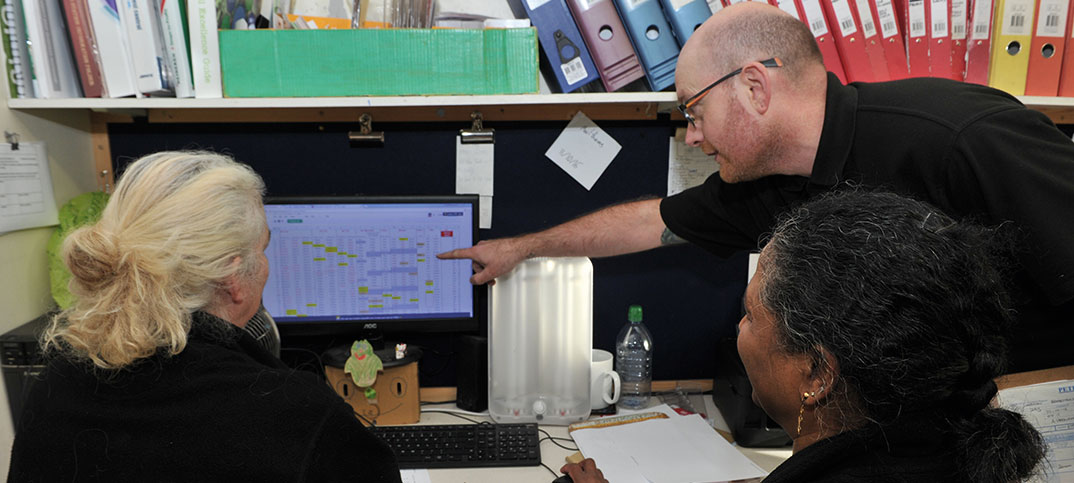The impact of the UK’s minimum wage regime, in place since 1999, is posing some interesting questions for elite economists concerned about the country’s relative productivity gap with rivals like France and Germany.
At the same time, their work may help independent retail owners to better understand what drives their staff – and in some cases even themselves.
Writing in the Financial Times last month, Sarah O’Connor crunched the numbers. In 1999, just 3.4% of jobs were covered by the minimum wage. Today it is 7.1%. In 2020 it is projected to be 12.1%.
She argues that this bulge at the bottom of the labour market makes it harder for people to climb up. In her world, this is an issue of productivity. UK low-paid workers are 20% less productive than their continental peer group.
What O’Connor says next is arresting. One way that productivity can be improved is when people learn new skills. In the UK, only one in four low-paid workers do this, she says.
The cause of this, she suggests, is that as pay at the bottom is compressed there is less motivation to move up the ladder.
If you do not set out to make your business and your staff the best in the world then you are in danger of having your future cash flow gobbled up by cost of employment burdens imposed by politicians
Supervisor jobs in retail and hospitality often pay only 30p to 50p more an hour and involve more pressure and less control over hours.
O’Connor says that one major retailer found that only eight of 500 workers it offered management training to accepted. Its employees did not see the point in promotion.
“There is no incentive,” one shop worker told the company. “I don’t think it would be worth the hassle.”
Economists suggest that many “working class” people want to stay working class. They like their low-skill jobs and just want to be paid more to do them. They don’t want to make the journey upwards to higher-skilled and higher-paid jobs because these come with more responsibility.
This picture at a national level is shared in many local areas around the UK where retailers struggle to find good staff or to get their existing staff to take on new tasks. The introduction of the living wage appears to reinforce the idea that staff can be paid more for just doing the same.
There are workarounds. You could employ young people on £4.50 an hour on casual contracts and cope with high staff turnover. Or similar.
But in a sense the workarounds are simply you as a business owner taking the same approach as the low paid – expecting to get paid more for doing the same thing.
The real issue is one of low expectations. If you do not set out to make your business and your staff the best in the world then you are in danger of having your future cash flow gobbled up by cost of employment burdens imposed by politicians.
The journey to make your staff great is not an easy one. It starts with your commitment to write everyone in your business a job description and then to work out which tasks need to be done well in order to be successful.
Next you have to commit to regular performance review, providing your staff with the opportunity to grow. And you also have to share your business mission – to be the best local shop in your town or village, for example – and get your team to buy in to the vision.
Family businesses need to do this too. Shop owners who are paying themselves less than minimum wage have to decide to get themselves out of the low pay trap.
Unlike their employees they have an added incentive: no politician is going to come to their aid with an income safety net.
For advice on how to motivate and develop your staff, visit the Independent Achievers Academy page.






Comments
This article doesn't have any comments yet, be the first!